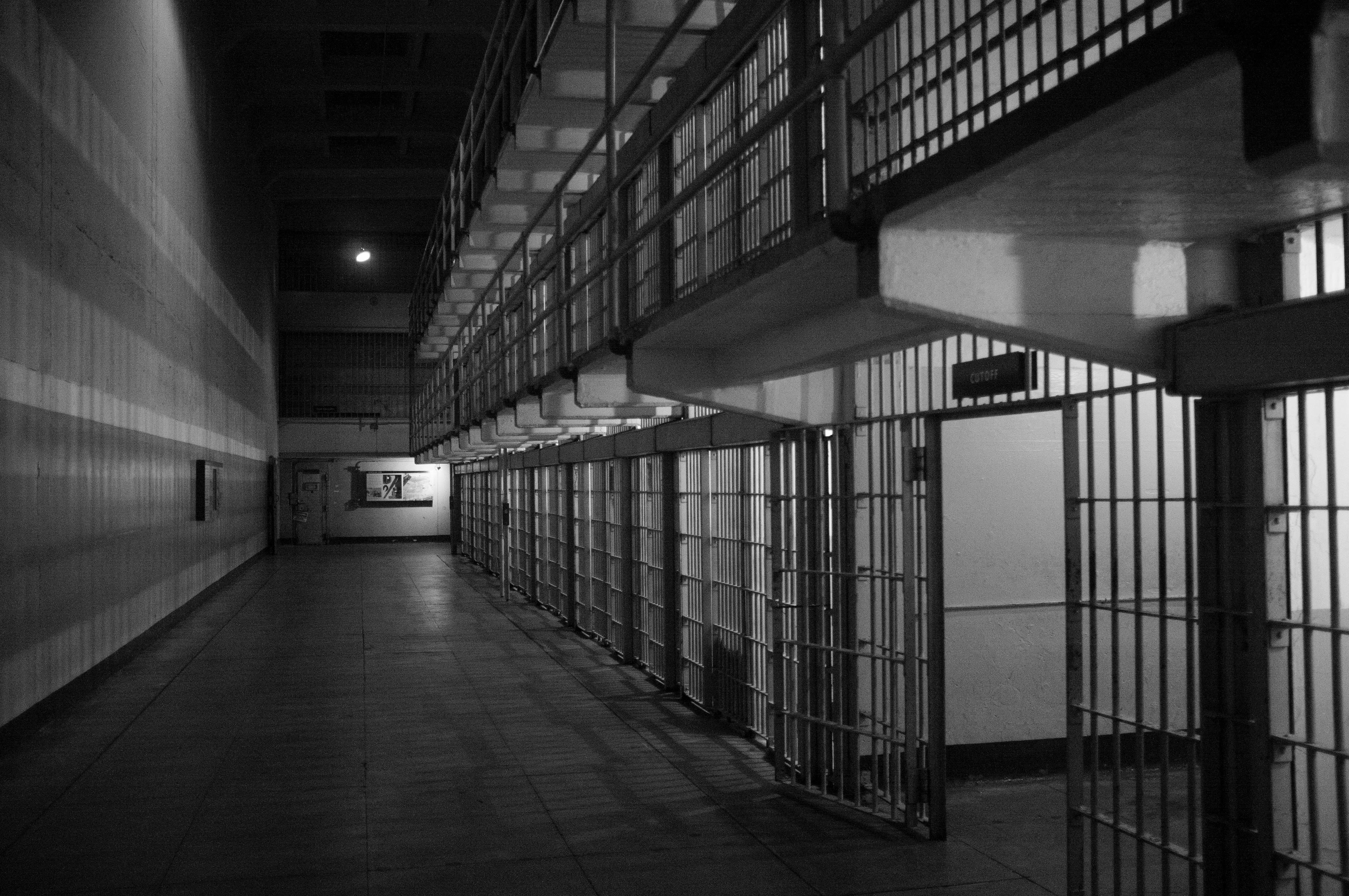
Criminal Justice Reform

Mass incarceration and a racist, unaccountable police system put communities in danger.
MASS INCARCERATION
Massachusetts has a relatively low incarceration rate compared to the rest of the country, but the number goes up when considering racial disparities. According to statewide sentencing data, Black and Latinx residents make up just 23 percent of the state’s population, but more than double the percentage of incarcerated people. We've had decades to address the impact of mass incarceration, and the epidemic of COVID cases occurring in prisons only increases the urgency. Incarceration is not a substitute for accessible health care, jobs programs, or mental health services. After years of delay, the Legislature passed a criminal justice reform bill in 2018 which included some important reforms, but didn’t go far enough. Reformers hoped to see a broad ability for juvenile expungement to prevent youth criminal records from haunting them the rest of their lives, but only limited expungement was included. And instead of eliminating all mandatory minimum sentences, the bill created new ones.
POLICE REFORM
Massachusetts is just a handful of states without certification for police officers, meaning that a police officer who’s fired by one town for misbehavior can get a job down the road in the next town. Police officers routinely violate constitutional law and rarely receive accountability, since there is very little stopping someone who has committed an act of violence from continuing to commit violence on the job elsewhere. This lack of consequences puts the entire community at risk. Municipalities across the state have already made clear the need for certification and accountability. Springfield’s police department is so bad that even the Trump administration took notice and began an investigation into unconstitutional policing and systemic misconduct. A system of certification and ending qualified immunity would prevent disgraced officers in Springfield from moving a few towns over and resuming police work unchanged. These reforms are not a substitute for defunding police budgets, which are clearly bloated and take away vital funding from needed public services. They do, however, establish a standard to which officers will have to adhere to in order to remain employed as police.
Despite recent victories, our criminal justice system still has a long way to go....
Ending Mandatory Minimum Sentencing
In 2018, after years of delay, the Legislature passed a criminal justice reform bill. There were some important reforms made in that bill, but it didn’t go far enough. Reformers hoped to see a broad ability for juvenile expungement to prevent youth’s criminal records from haunting them the rest of their lives, but only a limited form of expungement was included. And instead of eliminating all mandatory minimum sentences, the bill created a new one. Instead of making communities safer, mandatory minimums became a catalyst for mass incarceration, terrorizing Black communities and ignoring the root causes of poverty and crime. Massachusetts has much higher incarceration rates than we did in the 1970's, and according to statewide sentencing data Black and Latinx residents make up just 23 percent of the state's population, but more than double the percentage of people serving mandatory minimum sentences for drug charges. This is not an accident. Our legislature had a chance to end mandatory minimums when they passed a criminal justice reform bill back in 2018, but they left mandatory minimums in place and even created a few new ones. Mandatory minimum sentences don't work to reduce crime or incentivize lawful behavior, and should not be used as a substitute for accessible health care, a jobs guarantee, or mental health services. We need to end mandatory minimum sentencing this session.
Decertification
Massachusetts is one of just a handful of states without certification for police officers, meaning that a cop who's fired by one town for misbehavior can get a job down the road in the next town. Police officers routinely violate constitutional law and rarely receive accountability, since there is very little stopping someone who has committed an act of violence from continuing to commit violence on the job elsewhere. Municipalities across the state have already made clear the need for certification and accountability. For example, Springfield's police department is so bad that even the Trump administration took notice and began an investigation into unconstitutional policing and systemic misconduct. A system of certification would prevent disgraced officers in Springfield from moving a few towns over and resuming police work unchanged.
Ending Qualified Immunity
During the height of the 2020 Black Lives Matter protests, activists and organizers throughout the state stressed the need to end qualified immunity, which is designed to government employees from liability for unconstitutional actions. This means that when police officers commit acts of violence, there is no legal justification for bringing a case against them. Although ending qualified immunity did not ultimately make it into the final police reform bill passed last session, due to fierce opposition by the police unions, the Legislature has another opportunity to take meaningful action and end qualified immunity.
bills to support Criminal Justice Reform
Age of Criminal Majority to 21
Gradually raise the upper age for delinquency and youth offender cases to include 18-20 year olds, ensuring that they are not charged as adults
Ensure that young people who are incarcerated are able to participate in impactful rehabilitative programs that are not available in the adult correctional system
Prison Moratorium
Establishes a 5-year pause on building new prisons or jails so we can focus on releasing and resourcing communities
The moratorium does not prevent essential repairs
Voting Rights Restoration
common questions:
Isn’t Massachusetts really progressive on criminal justice?
It’s a mixed bag. Massachusetts has a low overall incarceration rate, but some of the worst racial disparities. We have also been criticized for sending more paroled prisoners back to prison than Texas. Black and Latinx residents make up just 23 percent of the state's population, but more than double the percentage of people who are under mandatory minimum sentences for drug-related offenses.
While other states are certainly worse, Massachusetts is no less guilty of investing in the prison industrial complex and enabling the overincarceration of Black and Latinx communities than the rest of the country. Mass incarceration is not a solution to poverty or crime. It is not a substitute for the state's responsibility to make health care a human right, to make good paying jobs available to every resident, to ensure that every child in the state receives a quality public education, or to invest in underresourced communities. No matter how much worse other states might be, the fact remains that thousands of people in Massachusetts are behind bars for reasons that should have never resulted in incarceration. That in itself is a human rights crisis.
If we just passed a major bill, doesn’t that mean the legislature is doing a good job?
We passed major reforms because advocacy works. Our legislature spent several years failing to act on mass incarceration after passing “tough on crime” legislation in the Clinton years. Activists spent multiple legislative sessions trying to push the legislature to do something and they finally did, but that is not what a progressive legislature looks like!
And here’s the thing: inequities in our justice system typically follow other injustices in society. Our legislature has been mostly silent on the things that would make sentencing reform most effective: housing, health care, and education.

